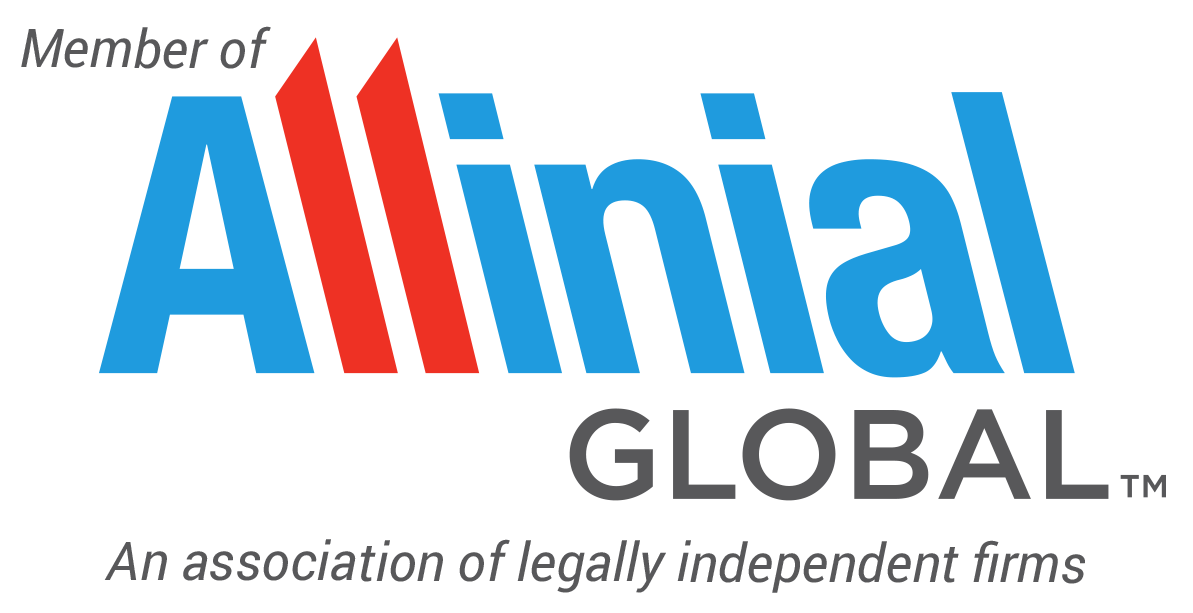There is nothing quite like the prospect of new tax legislation to get us in the holiday spirit…
On November 19, the House of Representatives passed the Build Back Better Act (BBBA), which includes several meaningful tax changes. While the bill is expected to go through several rounds of changes in the Senate, we think it is essential to keep you informed of potential tax implications as you complete your year-end planning.
State and Local Tax Deduction for Individual Taxpayers
The Tax Cuts and Jobs Act of 2017 capped the deduction for state and local taxes to $10,000 for individuals. The BBBA would raise the deduction to $80,000. This increased deduction would apply for tax years 2021 through 2030. The deduction would return to $10,000 in 2031.
Net Investment Income Tax
The Net Investment Income Tax (NIIT) is an additional 3.8% tax assessed on investment income for individuals who make more than $200,000 or $250,000 for married taxpayers filing jointly. The BBBA proposes an expansion of the NIIT that would make income derived in the ordinary course of business subject to this additional tax for individuals with taxable income over $400,000 and $500,000 for joint filers. Essentially, any income not subject to self-employment tax would be subject to this additional tax. This change would be effective January 1, 2022.

Changes to Retirement Plans
The BBBA includes several limitations on the ability of high-income taxpayers with large retirement account balances to take advantage of certain tax breaks. For example, beginning in 2029, it would prohibit additional contributions to a Roth IRA or traditional IRA for a tax year if a taxpayer’s income exceeds a certain amount, and the contributions would cause the total value of an individual’s IRA and defined contribution accounts as of the end of the prior tax year to exceed $10 million. The BBBA includes new mandatory distribution requirements on such taxpayers.
However, the BBBA also includes some retirement-related provisions that would go into effect as soon as 2022. Regardless of income level, the Build Back Better Act would prohibit all employee after-tax contributions in qualified plans and after-tax IRA contributions from being converted to a Roth IRA (known as “backdoor Roth conversions”). If you’ve been considering a Roth conversion, now is the time.
More to Come From ATKG
While these changes are not finalized, they could significantly impact your 2021 taxes and year-end planning. We will keep you updated as the Build Back Better Act progresses through Congress. As you digest these changes, keep reminding yourself that this is supposed to be the most wonderful time of the year! Please reach out to your ATKG advisor with any questions or concerns; we are here to help. As an ode to one of our favorite Christmas movies, “Nobody’s walking out on this fun, old-fashioned family Christmas. No, no. We’re all in this together.”
